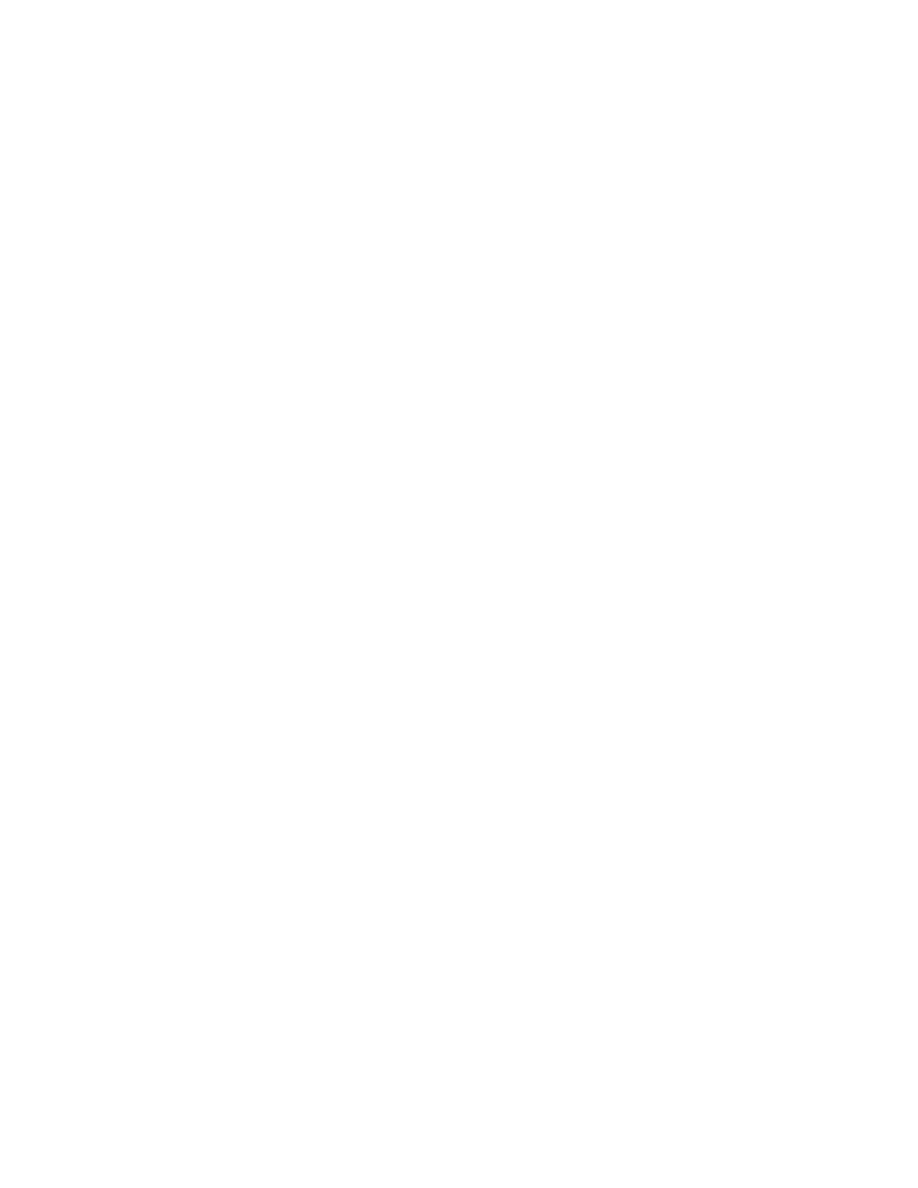
735
Federal Aviation Administration, DOT
§ 33.95
that were established and recorded at
the beginning of the test; and
(2) Each engine part must conform to
the type design and be eligible for in-
corporation into an engine for contin-
ued operation, in accordance with in-
formation submitted in compliance
with § 33.4.
(b) After completing the endurance
testing of § 33.87(f), each engine must be
completely disassembled, and
(1) Each component having an adjust-
ment setting and a functioning char-
acteristic that can be established inde-
pendent of installation on the engine
must retain each setting and func-
tioning characteristic within the limits
that were established and recorded at
the beginning of the test; and
(2) Each engine may exhibit deterio-
ration in excess of that permitted in
paragraph (a)(2) of this section, includ-
ing some engine parts or components
that may be unsuitable for further use.
The applicant must show by inspec-
tion, analysis, test, or by any combina-
tion thereof as found necessary by the
FAA, that structural integrity of the
engine is maintained; or
(c) In lieu of compliance with para-
graph (b) of this section, each engine
for which the 30-second OEI and 2-
minute OEI ratings are desired, may be
subjected to the endurance testing of
§§ 33.87 (b), (c), (d), or (e) of this part,
and followed by the testing of § 33.87(f)
without intervening disassembly and
inspection. However, the engine must
comply with paragraph (a) of this sec-
tion after completing the endurance
testing of § 33.87(f).
[Doc. No. 26019, 61 FR 31329, June 19, 1996, as
amended by Amdt. 33–25, 73 FR 48124, Aug. 18,
2008]
§ 33.94
Blade containment and rotor
unbalance tests.
(a) Except as provided in paragraph
(b) of this section, it must be dem-
onstrated by engine tests that the en-
gine is capable of containing damage
without catching fire and without fail-
ure of its mounting attachments when
operated for at least 15 seconds, unless
the resulting engine damage induces a
self shutdown, after each of the fol-
lowing events:
(1) Failure of the most critical com-
pressor or fan blade while operating at
maximum permissible r.p.m. The blade
failure must occur at the outermost re-
tention groove or, for integrally-bladed
rotor discs, at least 80 percent of the
blade must fail.
(2) Failure of the most critical tur-
bine blade while operating at max-
imum permissible r.p.m. The blade fail-
ure must occur at the outermost reten-
tion groove or, for integrally-bladed
rotor discs, at least 80 percent of the
blade must fail. The most critical tur-
bine blade must be determined by con-
sidering turbine blade weight and the
strength of the adjacent turbine case
at case temperatures and pressures as-
sociated with operation at maximum
permissible r.p.m.
(b) Analysis based on rig testing,
component testing, or service experi-
ence may be substitute for one of the
engine tests prescribed in paragraphs
(a)(1) and (a)(2) of this section if—
(1) That test, of the two prescribed,
produces the least rotor unbalance; and
(2) The analysis is shown to be equiv-
alent to the test.
(Secs. 313(a), 601, and 603, Federal Aviation
Act of 1958 (49 U.S.C. 1354(a), 1421, and 1423);
and 49 U.S.C. 106(g) Revised, Pub. L. 97–449,
Jan. 12, 1983)
[Amdt. 33–10, 49 FR 6854, Feb. 23, 1984]
§ 33.95
Engine-propeller systems tests.
If the engine is designed to operate
with a propeller, the following tests
must be made with a representative
propeller installed by either including
the tests in the endurance run or oth-
erwise performing them in a manner
acceptable to the Administrator:
(a) Feathering operation: 25 cycles.
(b) Negative torque and thrust sys-
tem operation: 25 cycles from rated
maximum continuous power.
(c) Automatic decoupler operation: 25
cycles from rated maximum contin-
uous power (if repeated decoupling and
recoupling in service is the intended
function of the device).
(d) Reverse thrust operation: 175 cy-
cles from the flight-idle position to full
reverse and 25 cycles at rated max-
imum continuous power from full for-
ward to full reverse thrust. At the end
of each cycle the propeller must be op-
erated in reverse pitch for a period of
30 seconds at the maximum rotational
VerDate Sep<11>2014
12:50 Apr 30, 2019
Jkt 247046
PO 00000
Frm 00745
Fmt 8010
Sfmt 8010
Y:\SGML\247046.XXX
247046
spaschal on DSK3GDR082PROD with CFR